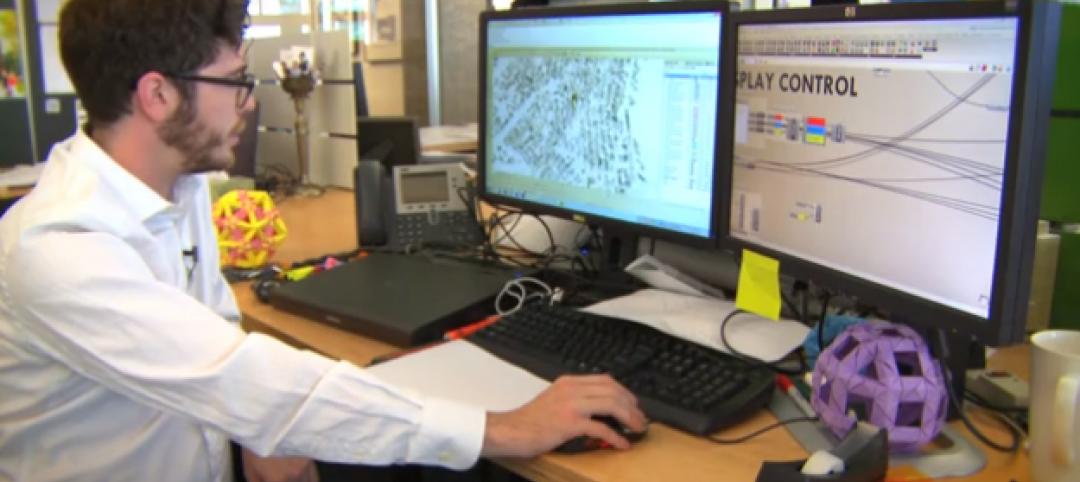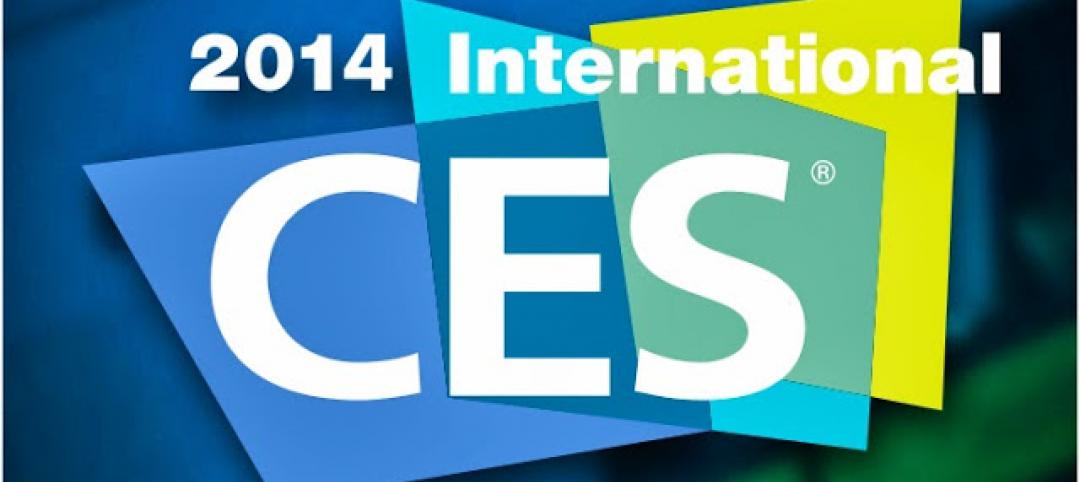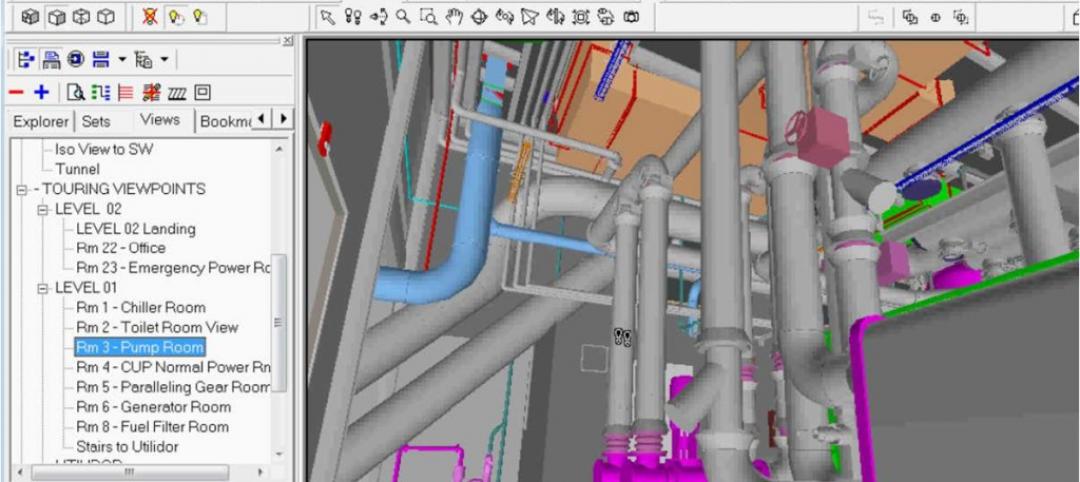In May, BD+C's blog partner, CASE, covered the rise of indoor positioning technology, and identified architectural applications for beacon technology.
BLE (Bluetooth low energy) beacons are small battery-powered devices that connect with tablets and phones that are in the immediate vicinity. This can enable businesses and other entities to send messages to users based on where they are in a certain space. Apple released the iBeacon in 2013, and the iOS8 update last summer made the innovation even stronger.
Mashable reports that Google will challenge Apple in this realm: The company unveiled Eddystone, a new BLE beacon format, along with tools that will let developers create apps along with the service. Google named the beacon after the Eddy Lighthouse in England, and the company has drawn the parallels between new beacon technology and classic guiding lighthouses.
Unlike iBeacon, which is only compatible with iDevices, Eddystone is cross-platform and discoverable by any Bluetooth smart device. It is open-source so any beacon manufacturer can make hardware compatible with it.
Though beacons usually broadcast information publicly, Eddystone has the option to communicate privately as well. The privacy feature, called Ephemeral Identifiers (EIDs), lets users track their luggage while traveling and find their keys, for instance.
For developers, Google released two new APIs. The Nearby API connects apps with other close devices and beacons; for example, users at an art museum can receive additional facts about a piece or display over their phones. The Proximity Beacon API allows developers to associate semantic location with beacons and store it in the cloud.
Eddystone is available on GitHub under the Apache v2.0 license. Google says Eddystone can be installed with a firmware update.
Related Stories
| Jan 31, 2014
LEGO, Google partner to develop 3D modeling tool for LEGO structures
The free tool, called Build, allows Chrome users to create virtual 3D structures using any shape and color in the LEGO catalog.
| Jan 30, 2014
See how architects at NBBJ are using computational design to calculate the best views on projects [video]
In an ideal world, every office employee would have a beautiful view from his or her desk. While no one can make that happen in real life, computational design can help architects maximize views from every angle.
| Jan 15, 2014
6 social media skills every leader needs
The social media revolution—which is less than a decade old—has created a dilemma for senior executives. While its potential seems immense, the inherent risks create uncertainty and unease.
| Jan 12, 2014
CES showcases innovations: Can any of these help you do your job better?
The Consumer Electronics Show took place this past week in Las Vegas. Known for launching new products and technologies, many of the products showcased there set the bar for future innovators. The show also signals trends to watch in technology applicable to the design and building industry.
| Jan 12, 2014
5 ways virtual modeling can improve facilities management
Improved space management, streamlined maintenance, and economical retrofits are among the ways building owners and facility managers can benefit from building information modeling.
| Dec 31, 2013
Top 10 blog posts from 2013
BD+C editors and our contributors posted hundreds of blogs in 2013. Here's a recap of the most popular topics. They include valuable lessons from one of the first BIM-related lawsuits and sage advice from AEC legend Arthur Gensler.
| Dec 31, 2013
BD+C's top 10 stories of 2013
The world's tallest twisting tower and the rise of augmented reality technology in construction were among the 10 most popular articles posted on Building Design+Construction's website, BDCnetwork.com.
| Dec 17, 2013
IBM's five tech-driven innovation predictions for the next five years [infographics]
Smart classrooms, DNA-based medical care, and wired cities are among the technology-related innovations identified by IBM researchers for the company's 5 in 5 report.
| Dec 16, 2013
Is the metal building industry in a technology shift?
Automation is the future you can’t avoid, though you may try. Even within the metal building industry—which is made up of skilled tradesmen—automation has revolutionized, and will continue revolutionizing, how we work.
| Dec 10, 2013
16 great solutions for architects, engineers, and contractors
From a crowd-funded smart shovel to a why-didn’t-someone-do-this-sooner scheme for managing traffic in public restrooms, these ideas are noteworthy for creative problem-solving. Here are some of the most intriguing innovations the BD+C community has brought to our attention this year.

















